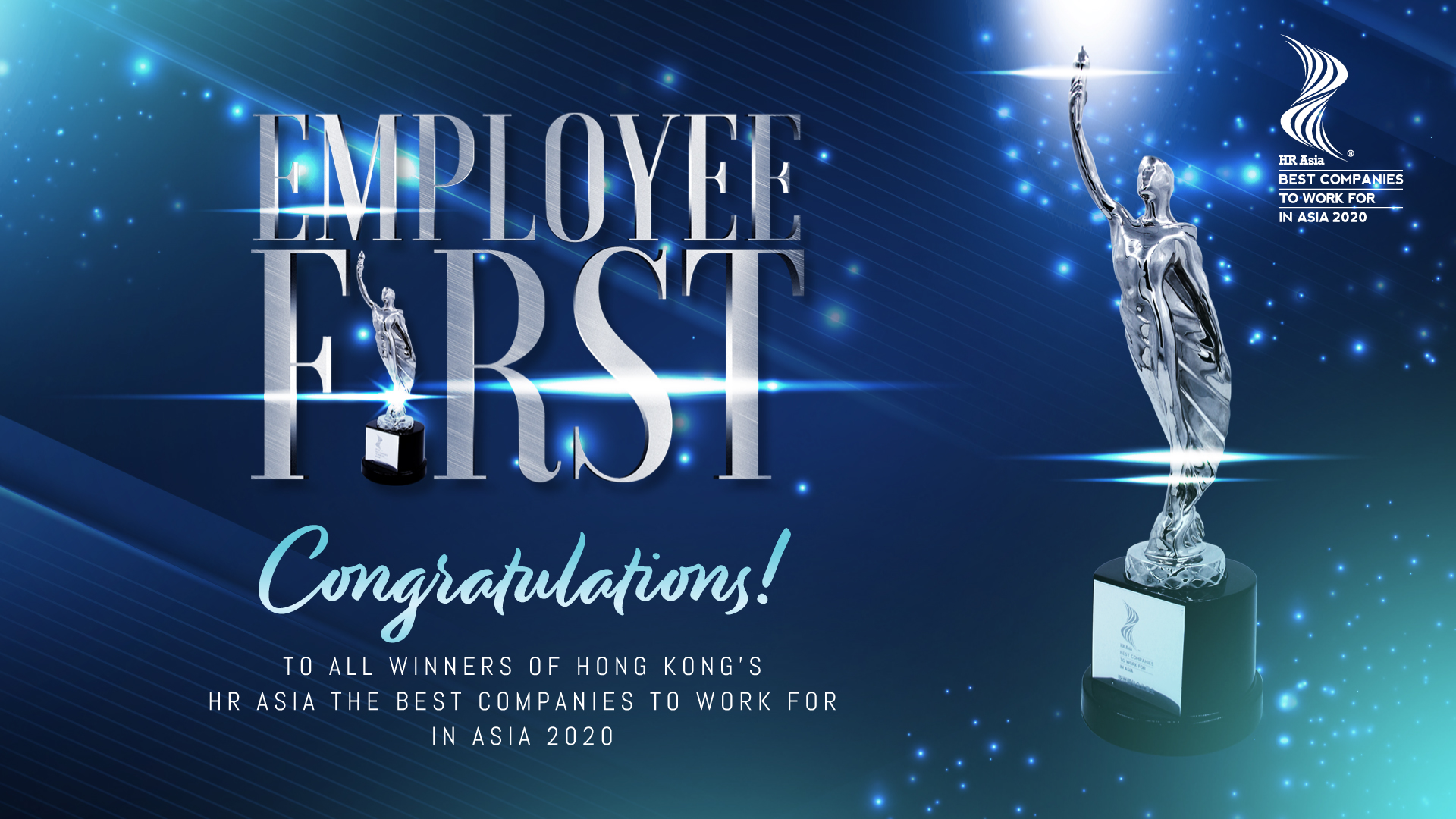Photo Credit – Freepik
Aims to skill and certify 100,000 people in Asia by 2025 to close the cybersecurity skills gap and empower women who are aspiring towards a career in cybersecurity.
Microsoft is initiating new partnerships under its Ready4Cybersecurity programme in Asia to improve access to cybersecurity skills and careers for the historically and systemically underrepresented with a focus on young women. Into its second year, Ready4Cybersecurity is committing to skill and certify 100,000 young women and underrepresented youths in cybersecurity by 2025, enhancing opportunities for employment in cybersecurity, filling the talent gap, and building a diverse cybersecurity workforce.
According to Microsoft’s Digital Defense Report, the volume of password attacks has risen to an estimated 921 attacks every second in 2022 – a 74% increase in just one year. Cyberattacks often have devastating impacts – the average cost of a cyber breach has reached $4.35 million. This has led to an increased demand for skilled cybersecurity professionals in the region.
To bridge the talent and skills divide, Microsoft’s Ready4Cybersecurity programme, which is part of its global Cybersecurity Skilling Initiative, is specifically designed and curated to create alternative pathways to empower underrepresented youths that aspire to enter the cybersecurity industry.
There are a projected 3.5 million cybersecurity jobs to be filled globally in 2025, with a 350% increase in demand for people with cybersecurity skills over an eight-year period.
Specifically, the opportunity for women to work in cybersecurity is huge, given that women make up only 25% of the cybersecurity workforce globally. Through public-private partnerships, Ready4Cybersecurity will provide access to industry-recognised cybersecurity foundational and intermediate skills and certification to traditionally excluded populations to help them qualify for open roles – with 75% of individuals trained to be women.
Since the launch of the Ready4Cybersecurity campaign in 2022, Microsoft has trained over 19,800 individuals from underserved communities, providing up to 18,300 cyberskilling initiatives. In the second year of the campaign, Microsoft will continue to work with its partners to skill and certify young women and underrepresented youths in cybersecurity to drive positive impact.
To achieve its commitments, Microsoft is taking a holistic approach to create a more diverse and inclusive cybersecurity workforce:
- Partnering with non-profits: Microsoft has partnered with non-profits who are in direct contact with the underserved communities, empowering non-profits to directly skill identified segments of the underserved populations, particularly young girls and women.
- Equipping the education systems: A key strategy to address the cybersecurity gap will be to equip educational institutions to effectively teach cybersecurity to the next generation of talent and inspire them to become defenders against cyber threats.
- Scaling with governments: Microsoft believes that the road to digital peace requires a collaborative effort that involves multiple stakeholders, including governments, tech companies, non-governmental organisations and international organisations working together towards a common goal.
- Leveraging Microsoft’s customer and partner ecosystem: Microsoft has been closely partnering with its network of customers and partners to reassess hiring avenues and consider alternative pathways that focus less on paper qualifications and more on a skills-based approach.
To combat the rising threat of cybercrimes, a multi-stakeholder approach is needed. Microsoft aims to build capacities of more training organisations as well as non-profits to offer cybersecurity skilling to underserved groups.
Manju Dhasmana, Regional Philanthropies Director – Asia, Microsoft, said: “There is a pressing need to address the gender gap in the cybersecurity field where women make up only 25% of cybersecurity professionals globally. We must recognise that a diverse cybersecurity workforce is key in the fight to defend cyberspace and boost cyber resilience. Addressing diversity gaps in the industry requires intentionality in programme design and execution. We are committed to working with local education, nonprofit, government and business organisations, through such programmes as Ready4Cybersecurity, to develop partnerships and initiatives to improve access to cybersecurity skilling and to empower more women and underserved communities to pursue a career in this critical industry.”











